The idea of bankruptcy might make you wince. Maybe you feel as though you should be able to overcome the mountain of debt that piled up due to various hardships in your life. While the hopes of overcoming debilitating debt through repayment is admirable, sometimes such hope is unrealistic and even damaging to the course of your life and the life of your family.
Matters as common as home repairs, medical bills, job loss and divorce can all result in significant financial hardships. There is no promise that life will be easy, but sometimes the troubles keep arising and put well-intended men and women in a crisis of insurmountable debt.
If you have found yourself in a similar situation, do not simply dismiss bankruptcy as an option. Legal options like Chapter 7 and Chapter 13 bankruptcy exist for a reason: to help people discover a fresh start and find secure financial footing once again. In order to get to that happier, more stable place, you need some information and the experienced support of a thoughtful bankruptcy lawyer.
First, here is some basic knowledge to get you thinking beyond the emotional setbacks that may have kept you from exploring the legal option thus far.
Not all bankruptcy options are the same. To legal folks, this might sound obvious. But most consumers aren’t well-versed in bankruptcy laws. Generally, the legal routes available to those filing for personal bankruptcy are Chapter 7 and Chapter 13. What option is right or more appealing to you?
The main difference between the two types of bankruptcies is that Chapter 13 involves the arrangement of a repayment plan. Especially for those who feel ethically uncomfortable not repaying any of their debts, the option to repay all or some of the debt through set installments might be a promising option. Of course, if repayment in any way is not financially possible, this would not be a viable plan.
Chapter 7 bankruptcy is more like hitting a “pause and refresh” button. The filer’s assets at the time of filing will be liquidated, and creditors will basically get the money that then becomes available, no matter how much less the value of assets are in comparison to the debt owed. No repayment plan is set up, and collection attempts should stop.
Bankruptcy laws are complex. The complicated nature of the legal options combined with the emotions that can keep people from pursuing bankruptcy keep too many in-need Pennsylvania men and women from seeking help that they need. It is okay if you are worried about choosing bankruptcy. It is okay to be confused. It is also okay, however for you to seek a fresh start.
The best first step toward climbing out of your debt troubles is to work with an experienced bankruptcy lawyer who can talk you through your options and help boost your confidence regarding this personal decision.


